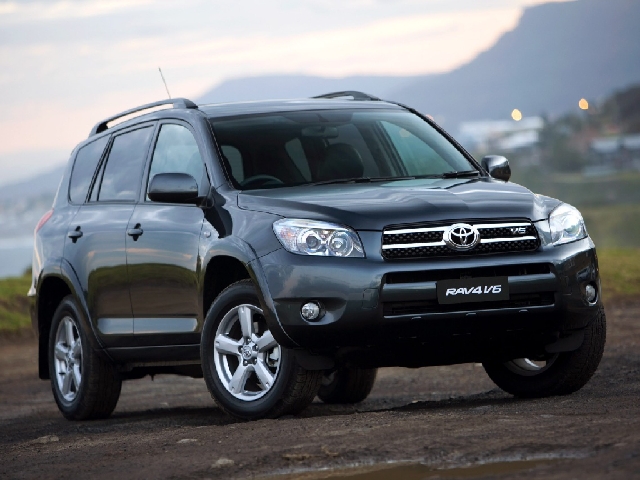
The City Council gave the green light to green energy last week when it voted to accept federal funding for the purchase of four electric cars for the city’s fleet.
The council voted unanimously April 23 to purchase four electric vehicles that will be utilized in its public works department with a $200,000 federal grant.
The city must come up with a 5 percent match to qualify for the grant — $10,526. The city’s cost per car would be $2,632.
“The bottom line is that the city will never purchase gas or diesel again,” Public Works Director Scott Hansen said during the City Council meeting.
The funding was allocated to the city through the Regional Transportation Commission. The commission was funded through a federal program to reduce emissions — the Congestion Mitigation Air Quality Program.
When Congress amended the Clean Air Act in 1990, it initiated several programs to help reduce the amount of emissions. CMAQ was designed to reduce the level of carbon through various surface projects, such as stricter emission standards on cars and trucks. CMAQ brings Nevada $16.5 million in funding every year for various projects to reduce emissions.
During its reign, CMAQ has shelled out approximately $30 billion nationally to fund nearly 29,000 surface projects to reduce emissions. Additionally, President Barack Obama in July signed the Moving Ahead for Progress in the 21st Century Act, or MAP-21, authorizing $2.2 billion in additional funding for CMAQ programs.
“We have very little congestion, so the easiest way for us to control air quality is to remove the tail pipe,” Hansen said.
Boulder City is no stranger to green-energy projects. Hansen said the city has become known as Clean Green Boulder City.
“It’s good news for the city, and I think people like to see us moving in that direction,” Mayor Roger Tobler said.
The lineup of car choices consists of the Toyota RAV4, Ford Focus and the Chevrolet Volt. There has been no decision yet on which one the city will choose. Hansen said the choice would be made after a meeting with the city manager. But Hansen pointed out that his choice would be the Toyota RAV4 or the Ford Focus because of its carrying capacity.
There is more space for hauling, so we can pick up tumbleweeds or cardboard boxes and have a place to put it, Hansen said.
Programs like this may expand as the technology becomes more adequate for the all the needs of the city.
“The problem with public works is that we drive work trucks and the police need high-performance vehicles,” Hansen said. “The technology has not quite got there yet.”
Boulder City resident Ida Clemens Davy questioned how the vehicles would be charged. Tobler responded by saying the funding had already been allocated to build the charging stations.
The funds came from one of the solar companies leasing land from Boulder City, Tobler said. The only charging station the city currently owns is at the animal shelter.
When the charging stations are finished, they will be open for public use, Tobler said.
Several other municipalities in Clark County are already using similar technology. Las Vegas purchased a Chevy Volt in 2012. And the city of Henderson, which owns the largest fleet in the county, has 37 vehicles utilized in several departments including the police department, public works, utility department and the Meals on Wheels program.
North Las Vegas has three charging stations at its City Hall.